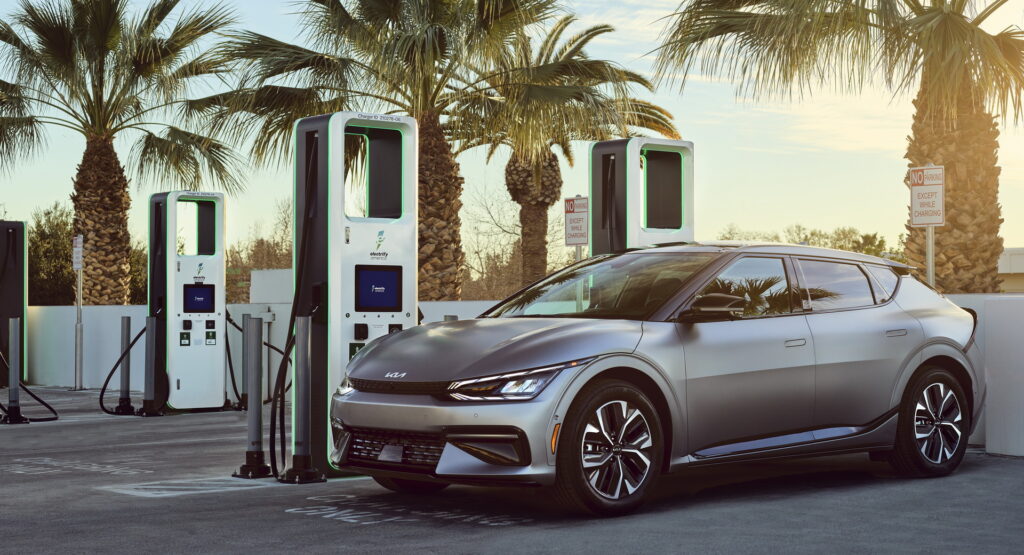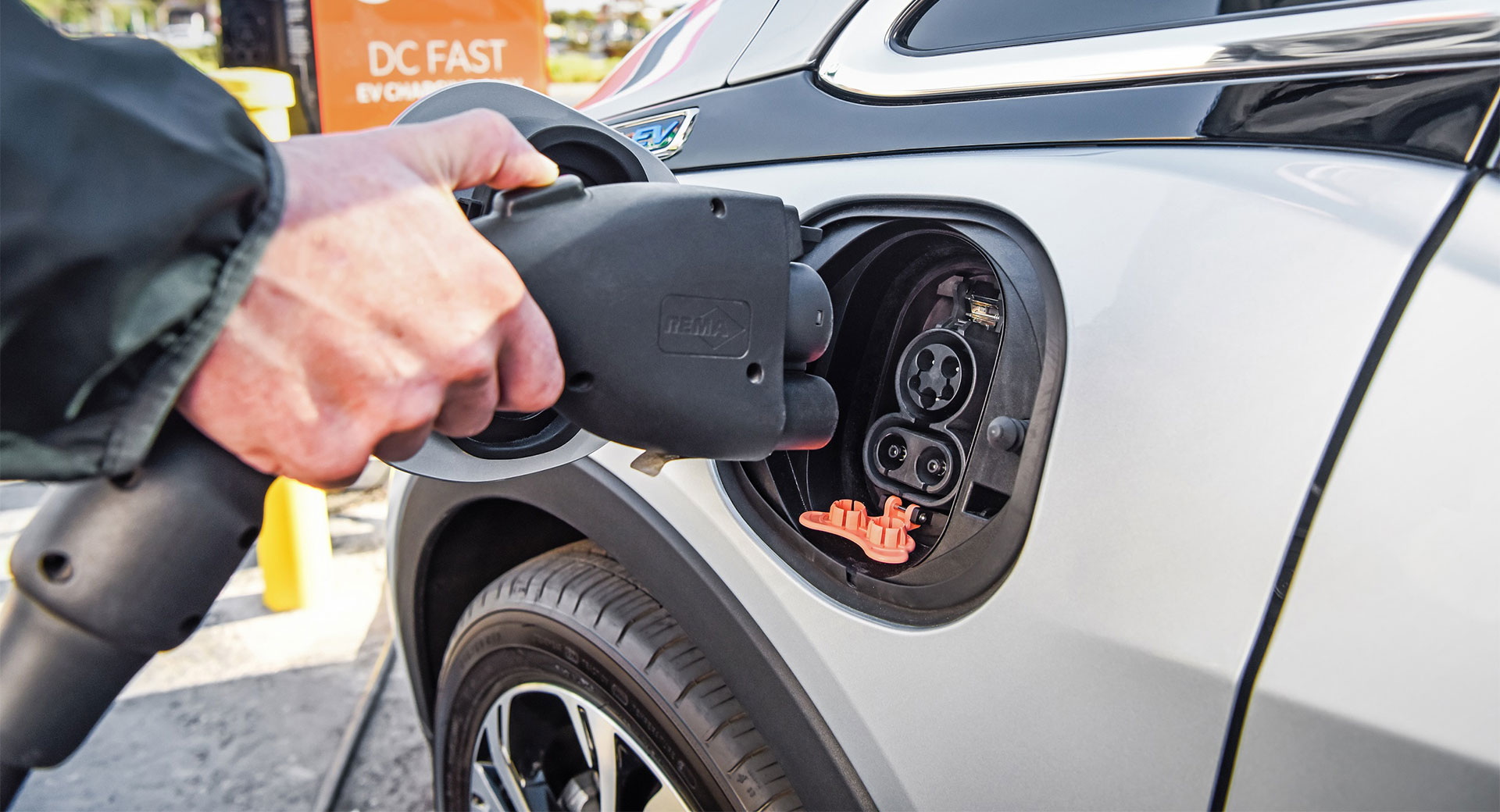Voters in California have rejected a 1.75 percent tax increase on those earning more than $2 million a year, even though the funds would have been used to fund important climate plans.
The planned increase, known as Prop 30, would have generated money for programs to help people buy electric cars and install more chargers. Additionally, 20 percent of the money would have gone toward boosting resources for fighting wildfires.
However, Democratic Governor Gavin Newsom campaigned against the measure, stating that it was a taxpayer-funded giveaway to rideshare companies, noting that local law will require rideshare companies to almost exclusively use zero-emissions vehicles by 2030. Furthermore, Lyft provided most of the funding to support the campaign, Fox Business reports.
“CA voters decisively rejected this poorly crafted and unnecessary tax hike. […] a corp welfare program designed to redirect taxpayer dollars traditionally used to support CA’s public schools, teachers, & students into a lock box for a single industry.”https://t.co/4BNLAqO1y1
— Vote No On Prop 30 (@VoteNoProp30) November 9, 2022
“California voters decisively rejected this poorly crafted and unnecessary tax hike,’ the Vote No Prop 30 campaign said on Twitter. “The fact is Proposition 30 was a solution to an issue the state is already addressing. Thanks to the courageous leadership of the Governor and the California Teachers Association, voters rejected a corporate welfare program designed to redirect taxpayer dollars traditionally used to support California’s public schools, teachers, and students into a lock box for a single industry.”
Read: Tesla Made 8 Times More Profit Per Car Than Toyota
Those who had supported the measure asserted that the state needs a dedicated source of funding to establish the infrastructure required to handle the mass adoption of electric vehicles and plug-in hybrids, while also helping those of all income levels to buy them.
“[The tax would have created a] healthier, safer future for our state and our families — one with less air pollution, fewer catastrophic wildfires and an opportunity to save our state from some of the most devastating impacts of climate change,” the ‘yes’ campaign claimed.
In addition to California banning the sale of new internal combustion-powered cars in 2035, the state wants to be completely carbon-neutral by 2045.




